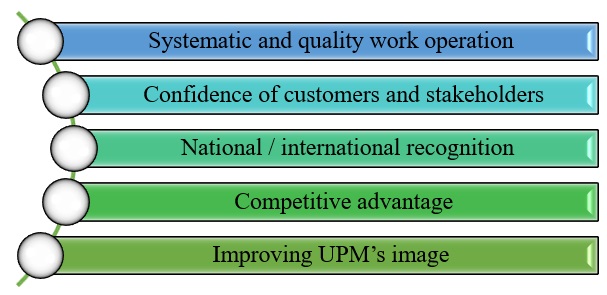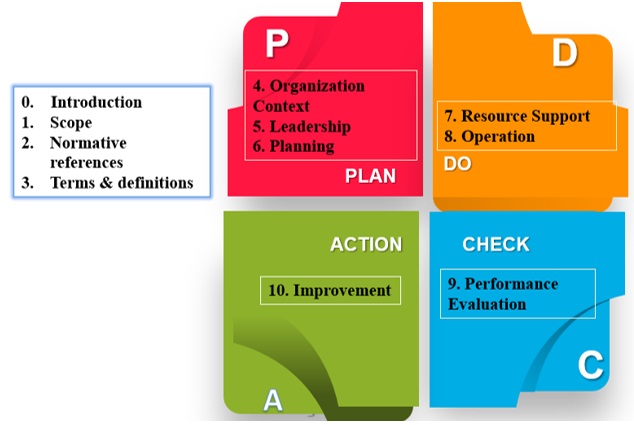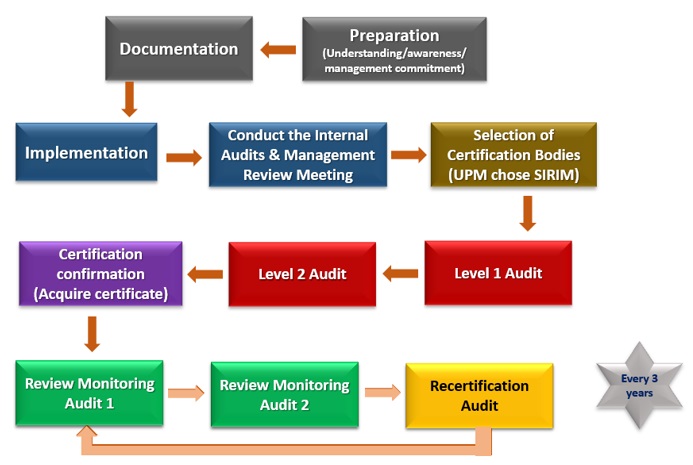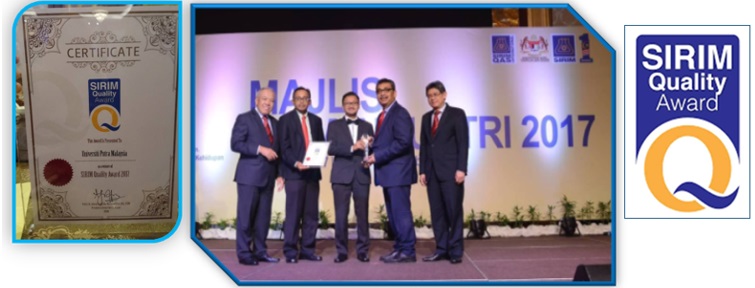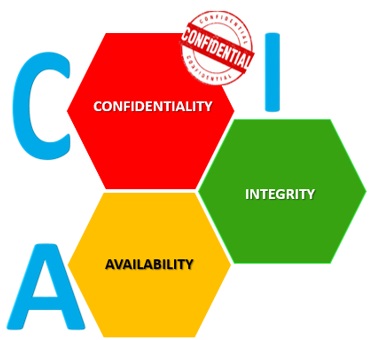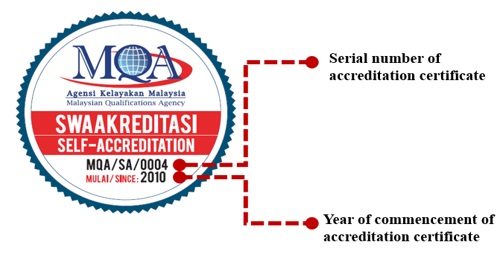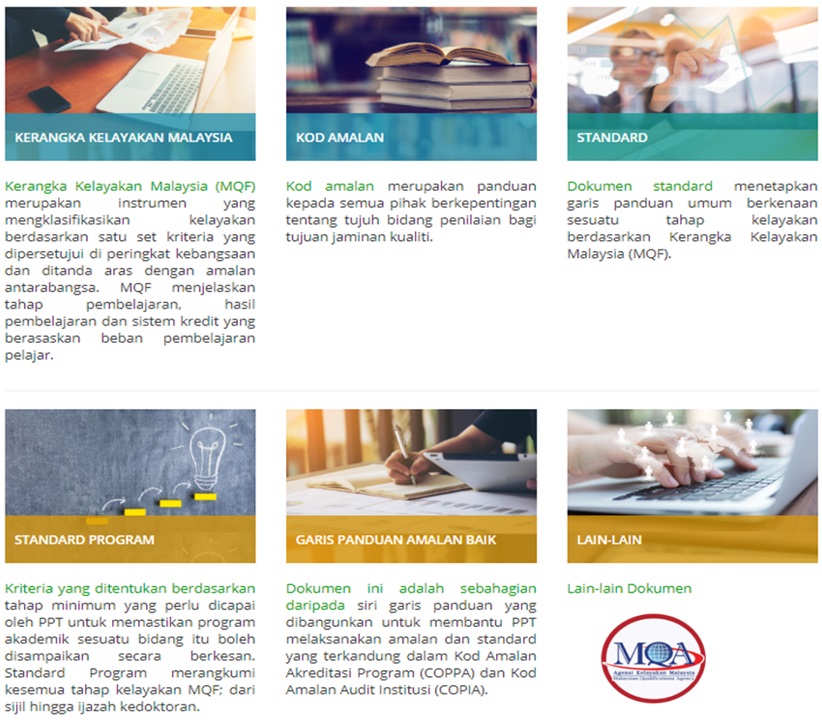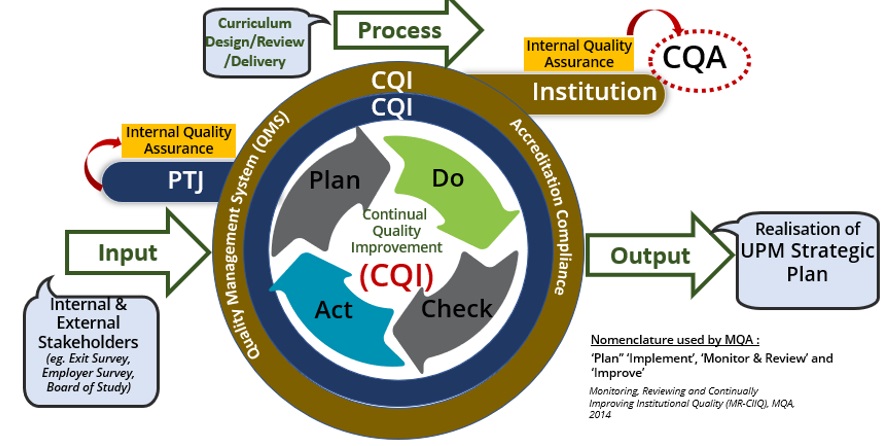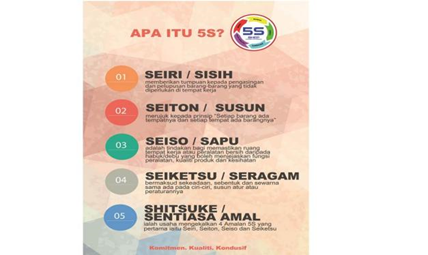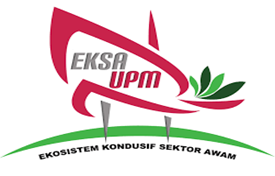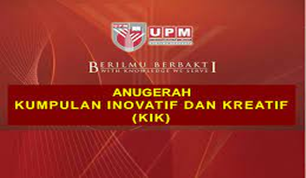|
ISO9001: QUALITY MANAGEMENT SYSTEMS
The ISO 9001 experience, the history of Quality Management System (QMS) at UPM started since 1997 when UPM has implemented for the first time to get the ISO 9001:1994 certification in response to the public service circular, number 2 (1996) dated 11 July 1996 where the department of public service has required every government agency has to be certified with the ISO 9001 series. The public service circular was issued from time to time to make sure that every government agency continued to update and being recertified with the ISO certification and the latest circular was the public service transformation circular 2018, which is requires every government agency to be certified with ISO 9001:2015 series. However, their first initiative for ISO certification was a failure but it was a very good lesson for UPM to experience the journey, the requirement, and the involvement required including the people and other resources for the purpose of quality management system accreditation.
After the first initiative, which was planned to get their ISO certification for the entire university was not successful, the follow up initiative was started in 1999 where strategy for certification was shifted to every course centre, which the faculty and other entities in the university. The first faculty that has started the initiative was the faculty of veterinary in 1991 and they have managed to successfully being certified with ISO 9001:1994 certification in the year 2000. After that, each course centre has started the initiative to get the ISO certification and by 2010, UPM entities was certified with 28 different ISO certification specifically for the ISO 9001:2000 series.
To be more cost effective, UPM has make a decision to go for one or single certification of ISO for the entire university activities, so in 2011, university was certified by ISO 9001: 2000 for the entire university activities that covers the scope of teaching, research and services. As what is required by ISO certification, the following year the university was re-certified and also has successfully going through the civilian’s audit. In 2017, UPM has managed to be re-certified with ISO 9001: 2015 which is the latest or the current ISO certificate and still managed to keep the certificate during re-certification audit in 2021. The illustration of the ISO9001 journey is shown in Fogure5.1.
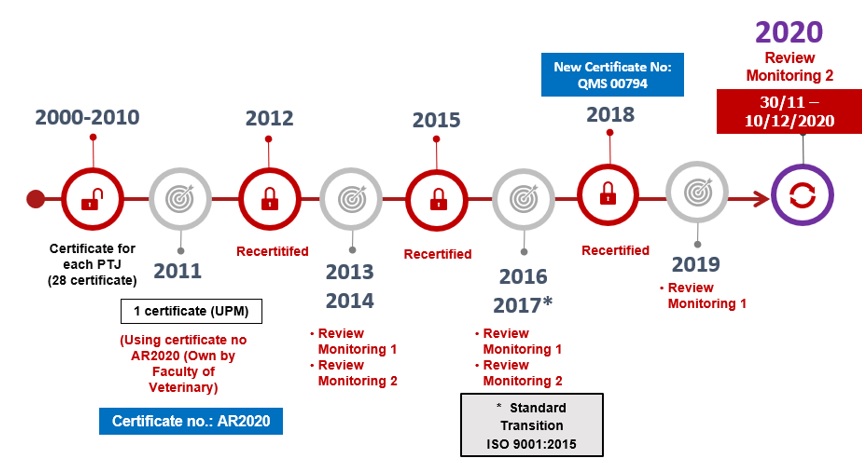
Figure 5.1: The Journey of Quality Management System (QMS) for ISO 9001 at UPM
The specific scope of the quality management system at UPM covers the academic services at the tertiary level management and the implementation of research activities, industry and community network, management and development of university students and alumni, and also the corporate services. The quality management system scope covers the teaching and learning activities for the pre-university or the foundation program, the undergraduate, postgraduate and also the research and support services entities. ISO 9000 is the international organization standardization certification with the headquarters located at Geneva, Switzerland and the system was updated including the certification license was awarded to several countries including Malaysia. The exemplar ISO certifications are the ISO 9000 which is for Quality Management System (QMS), ISO 27001 for Information Security Management System (ISMS), ISO 14001 for Environmental Management System (EMS) and the ISO 17025 for Laboratory Management System (LMS) that UPM has managed to acquire.
The main objective of having this ISO certification is no other than to proof and verify the quality management system that is within the university are be able to be complied to the required standard of the ISO 9000. The scope of ISO 9000 standards, requirement and criteria covers the context or the institutional context, leadership, quality management planning, resource support, the operationalization of the institutional activities, performance evaluation and quality improvement initiative. The certification is the result of third party audit based on the evidence that UPM has proved the compliance to the 10 criteria of the quality standards as shown in the Figure 5.2.
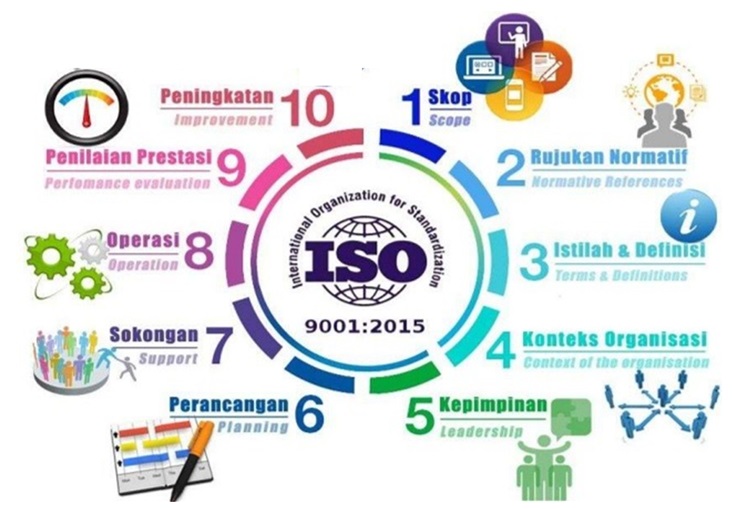
Figure 5.2: Clause Standard of ISO 9001:2015
|
















